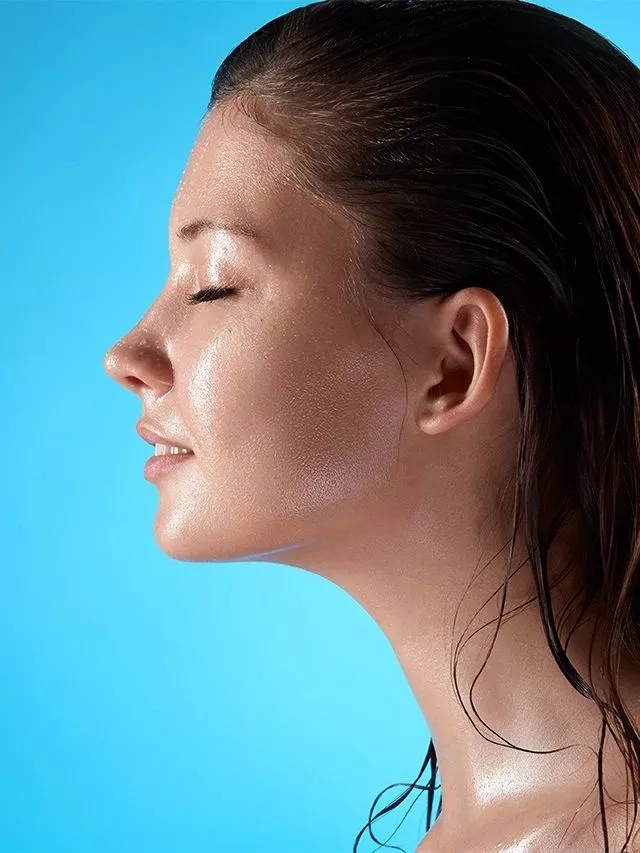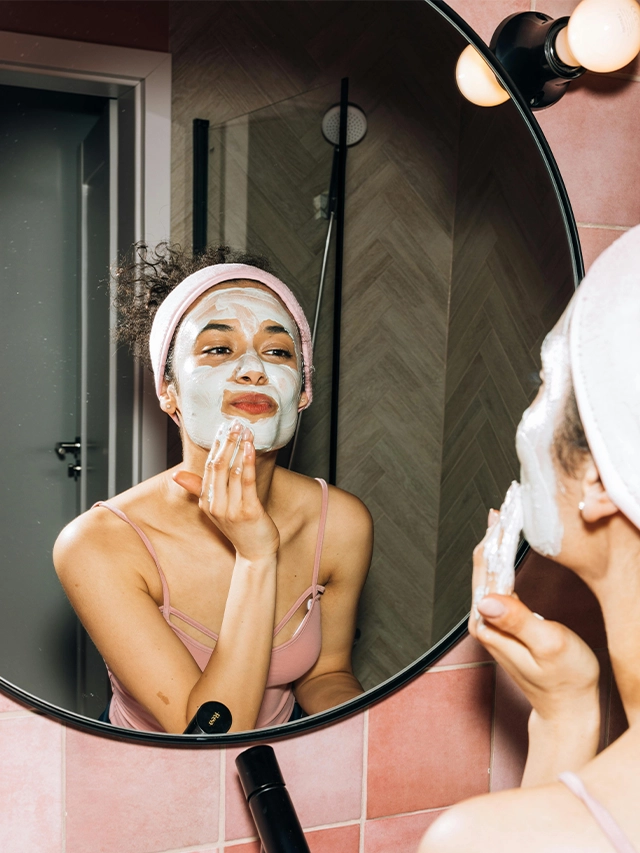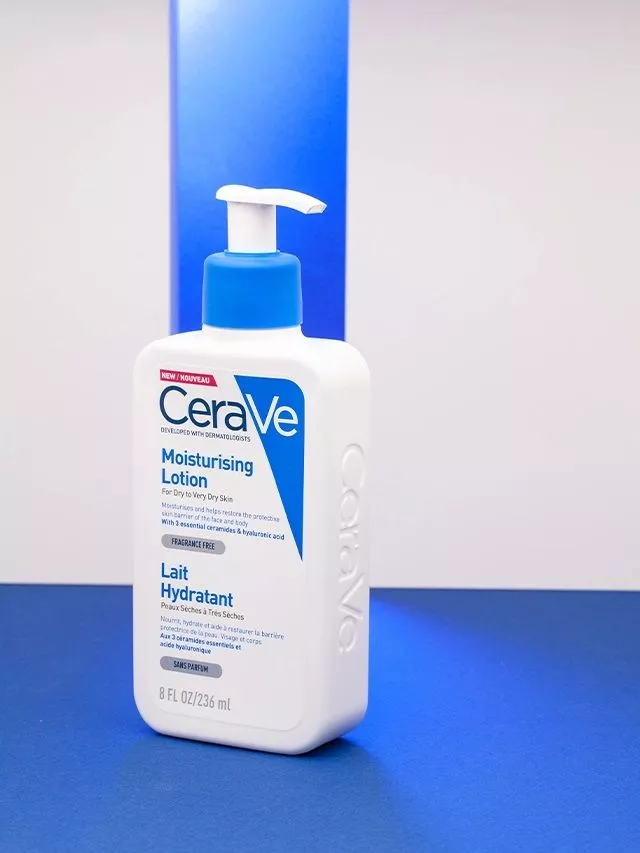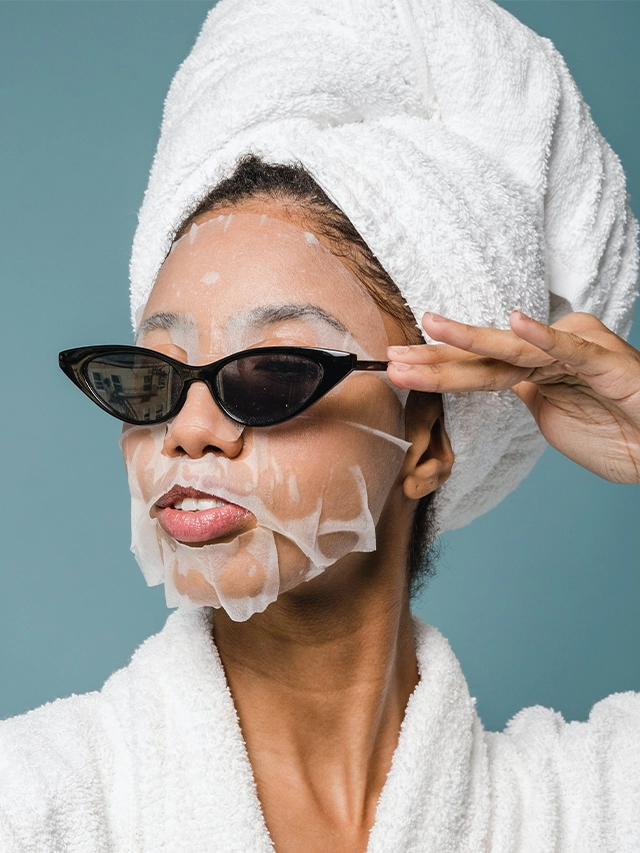Last Updated on August 22, 2024 by Kristi Kuhn
As the seasons change, it’s normal for your skin to undergo some changes as well, which is why you need to prepare your skin. Because leaving your skin dry, irritated, and unprotected during the fall is a no-go. Studies have shown that fluctuations in humidity — heated homes, the cold outdoors, hot showers, and the chilly autumn breeze — can all affect the texture of your skin so you need to prepare your skin.
These external variables can strip your skin’s barrier function and damage capillaries in the process. And in more intense cases, they can develop more permanent skin conditions such as atopic eczema and rosacea. So, how exactly is your skin supposed to cope with all of this? Well, we have put together these five easy tips to help prepare your skin. By following these steps, you can prepare your skin to stay healthy and beautiful this fall.
Remember, it’s essential to prepare your skin to face the challenges of the changing seasons. Properly preparing your skin can prevent damage and keep it radiant. So, take the time to prepare your skin for the best results. With these tips, you can ensure that you prepare your skin to handle whatever comes its way. Don’t wait—prepare your skin today!
Prepare Your Skin For This Cold Season
Opt for Thicker Moisturizers and Creams
Tweaking your skincare routine to prep your skin for colder seasons isn’t just trendy — it’s essential for people with sensitive skin, as extreme dryness can cause a tingling or burning sensation while transitioning between seasons. Switching to sensitive skincare products, or more hydrating formulas like a thicker moisturizer and body lotion will work wonders for your face and body.
They will compensate for the changes in the air, add more moisture to your skin, and act as a barrier to retain it. You should keep an eye out for products with ceramides, aloe vera, shea, or cocoa butter, as they are extra hydrating and soothing even to sensitive skin.
Avoid Drying Ingredients

Some of these might have worked out fine during the summer months when your skin wasn’t so dry — or maybe when it was a little too oily, at times. But during colder seasons, using products that contain alcohol and sulfates, especially cleansers, will strip your skin and leave your face feeling extra tight. Also, avoid harsh exfoliants like glycolic acid.
While exfoliating is necessary and beneficial for dry skin, strong physical and chemical exfoliants can end up irritating your skin, doing more harm than good. Instead, opt for oil-based cleansers or cleansing balms, and avoid over-exfoliating in the colder months.
Don’t Skip the Sunscreen
The misconception that sunscreen isn’t needed when there’s no sun needs to be eradicated ASAP. UV radiation is generally greater during the summer, but that doesn’t mean it just vanishes during fall and winter. Proper sun protection is an all-year-round necessity to prepare your skin for any weather, even if you’re staying indoors mostly, or going for a drive. Dermatologists always recommend a minimum of SPF 30 every day to prepare your skin and body, and it’s always a good idea to reapply throughout the day.
Regulate Your Hot Showers and Baths

A hot shower after getting home from a walk outdoors might be very tempting, but staying in the hot steam isn’t good for your skin. Use lukewarm water rather than hot water, and aim for a maximum of 10 minutes in the heat. If you take a bath, you can also add a few drops of essential oil to soothe your skin.
Otherwise, you can use a BodyRestore eucalyptus shower tablet if you prefer having a shower instead. Your body washes can make a difference too — high alkaline concentrations and detergent soaps will dry you out. Shea and cocoa butter are great for moisturizing parched skin as with moisturizers and creams.
Don’t Forget Your Lips and Under-Eye Area
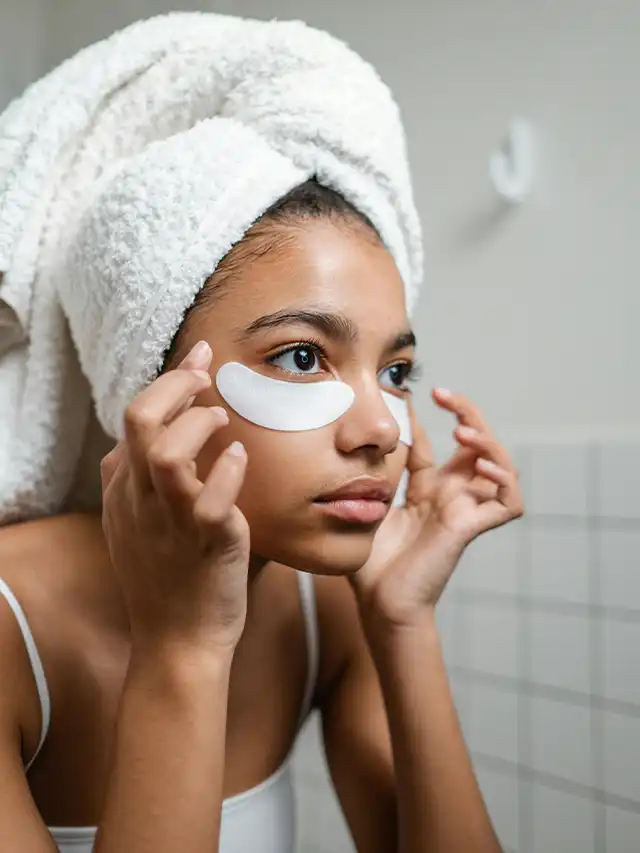
Remember that your lips and the under-eye area should be part of your skincare regimen. The area around your eyes is one of the most sensitive parts of the body that doesn’t react well to sudden transitions, and your lips will most likely take a heavy beating from the harsh winds.
Look for a gentle, peptide-packed eye cream because they are gentler on the skin, and prevent suffering from chapped lips by using a nourishing lip balm or lip oil.
Conclusion part of your skincare regimen
At the end of the day, it’s important to keep the aforementioned tips in mind if you want to get your skin ready for the colder months ahead. Don’t be afraid to consult your dermatologist to get more actionable information on your skin type and the best products for your specific needs.
Benefits of Skin Renewal Through Exfoliation with Iso Placenta Serum
Exfoliation is an ancient and crucial part of…
4 Amazing Celeb-Recommended Nighttime Routine and Skincare Tips
Have you ever wondered how your favorite singers…
4-Step CeraVe Skincare Routine: Unlock the Secret to That Morning Glow
Who doesn’t want glowing perfect skin? If you’re…
Skincare Routine for Spring to Help Transition Your Skin Between Seasons
With spring almost upon us, comes the time…
What does your skin need in the fall?
Make use of a hydrating cleanser
You don’t want to completely remove the natural oils from your skin because the fall months are cooler. They aid in maintaining skin moisture. Your cleanser might be working too well if it leaves your skin feeling tight, dry, and irritating. Choose a cleanser that is soft but moisturizing.
Does skin change in the fall?
Our skin’s shedding process slows down during the cooler months, which can cause our skin to become drier, rougher, and appear dull. Without routine exfoliation, dry, flaky skin can build up and result in plugged pores.
Why is my skin so bad in the fall?
Fall’s lower temperatures stretch the skin to its limit, leaving it more vulnerable to flakiness and acne. Moisturizer should be a crucial component of your skincare routine if you want to avoid seasonal acne.

